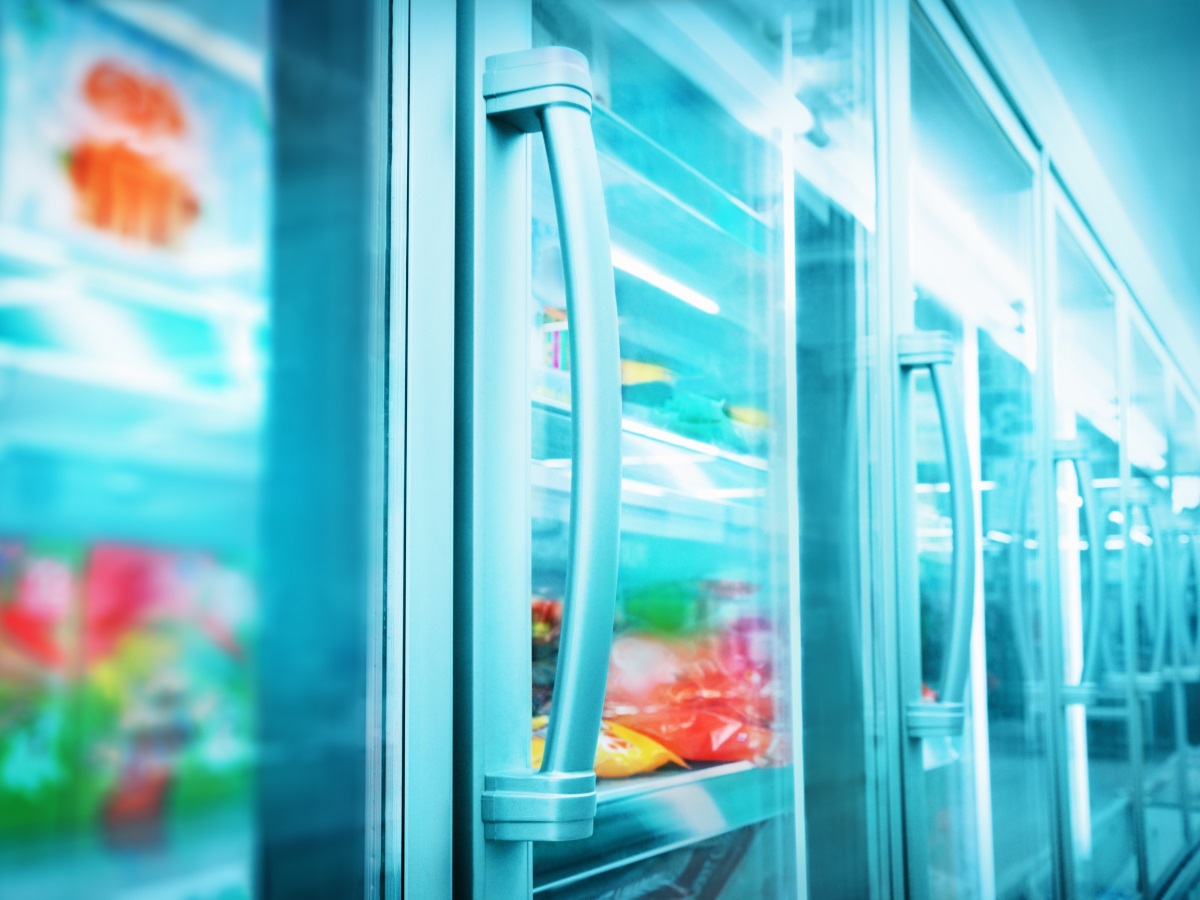New Zealand has taken action on tackling one of the leading causes of climate change with Government declaring synthetic refrigerant gases a priority product under the Waste Minimisation Act 2008.
Once released into the atmosphere these can be thousands of times more potent than carbon dioxide as a greenhouse gas.
The announcement, made by Associate Minister for the Environment Eugenie Sage, means a co-designed and regulated product stewardship scheme, along with specific product controls, will have to be established for the gases at their end-of-life. All wholesalers and retailers will be required by law to only sell the priority product in accordance with an accredited scheme.
Managing synthetic refrigerant gases is rated as one of the best ways, worldwide, of tackling climate change, says Darren Patterson, project manager of the group set up to design a regulated product stewardship scheme in anticipation of this announcement.
The move by Government has been anticipated by the industry, and design of a regulated product stewardship scheme began with the establishment of the Synthetic Refrigerant Stewardship Project early in 2019. Darren says the project, managed by product stewardship experts 3R Group, was initiated by the existing government-accredited voluntary scheme, RECOVERY.
The significance of the Minister’s announcement cannot be overstated, he says. “Co-designed, regulated product stewardship ensures the whole of industry – from those which sell refrigerants or equipment, through to installers and those involved in managing the gases at end of life – participate, which will ensure sufficient funds are available to properly manage these gases.
“A scheme, including recommendations around product controls that ensure mandatory participation, must be developed and accredited by Government as soon as practical.”
RECOVERY Chairperson and Programme Manager John Bowen says the existing voluntary scheme had to date destroyed over 476 tonnes of synthetic refrigerants, thereby reducing the build-up of greenhouse gases by the equivalent of over 1.1 million tonnes of carbon dioxide.
“Declaring synthetic refrigerant gases as a priority product will result in significant additional benefits in reducing their environmental impact,” he says.
The project’s work is being steered by a working group of the key industries affected by the priority product declaration, including refrigeration and air conditioning, motor vehicle industry (automotive air conditioning), refrigerant wholesalers, manufacturers and distributors and other significant industry stakeholders, Darren says.
The voluntary stewardship scheme for refrigerants, RECOVERY, has been operating in New Zealand since 1993. However, not all refrigerant importers are included, such as those which import pre-charged refrigerant units like fridges, heat pumps and air conditioning units for vehicles.
As a result, there was insufficient funding to deal with the mounting end of life refrigerant bank, Darren says. “Those companies which contribute voluntarily to the scheme end up subsidising those that don’t, as it’s not possible to identify a participating company’s refrigerant when it comes to disposal. That’s simply not sustainable.”
The Associate Minister for the Environment has announced the declaration of six priority products. They are considered to meet the requirements under the Waste Minimisation Act 2008 for declaring a priority product. They are:
• Refrigerants
• Plastic packaging
• Tyres
• Electrical and electronic products (e-waste)
• Agrichemicals and their containers
• Farm plastics

For further information please contact:
Darren Patterson
Synthetic Refrigerant Stewardship Project Manager
3R Group Ltd
021 440 832



